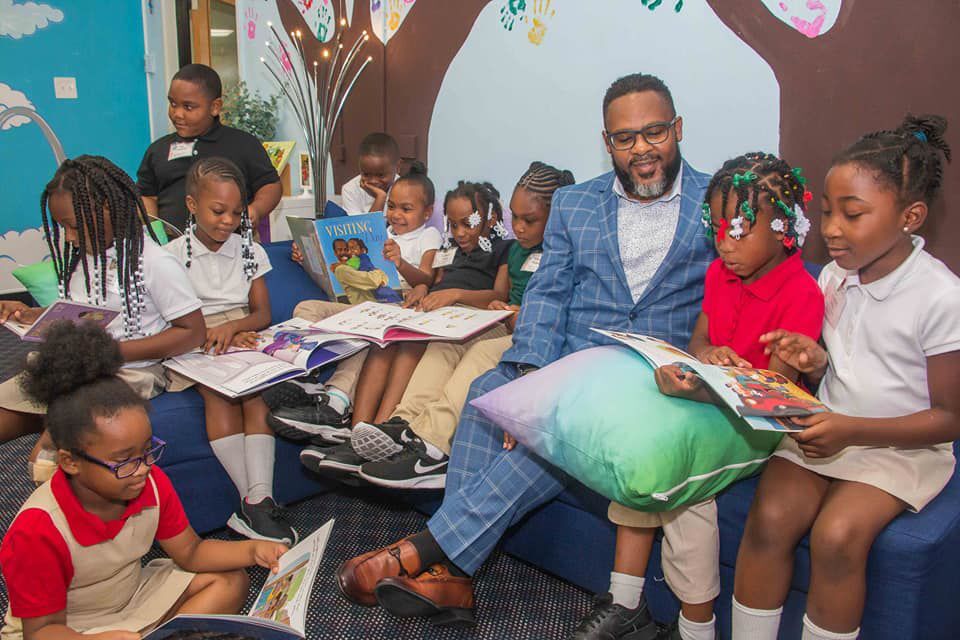|
Is the school to prison pipeline for real? It was for Milton Rucker. He wasn’t a good reader when he was a kid. He dropped out of high school and chose a life of crime. In this video, Milton talks about the consequences of choosing "criminal thinking" over school. But things changed for him as he embraced literacy in prison.
0 Comments
Jane Henderson
No one is marching in the streets to protest one of St. Louis’ biggest problems — even though the area’s crime rate, employee pool and health outcomes are all affected. But it’s a hard truth: St. Louis schools struggle to teach kids, especially Black kids, to read. In some city schools, fewer than 10% of third-graders test proficient in reading. But it’s not just schools in poor neighborhoods. Read more.. Literacy StatisticsCurated from www.begintoread.com/research/literacystatistics.html
According to the literacy fast facts from the National Assessment of Adult Literacy (NAAL), literacy is defined as "using printed and written information to function in society, to achieve one's goals, and to develop one's knowledge and potential." "One measure of literacy is the percentage of adults who perform at four achievement levels: Below Basic, Basic, Intermediate, and Proficient. In each type of literacy, 13 percent of adults were at or above Proficient (indicating they possess the skills necessary to perform complex and challenging literacy activities) in 2003. Twenty-two percent of adults were Below Basic (indicating they possess no more than the most simple and concrete literacy skills) in quantitative literacy, compared with 14 percent in prose literacy and 12 percent in document literacy." Literacy statistics worldwide
|
|


 RSS Feed
RSS Feed